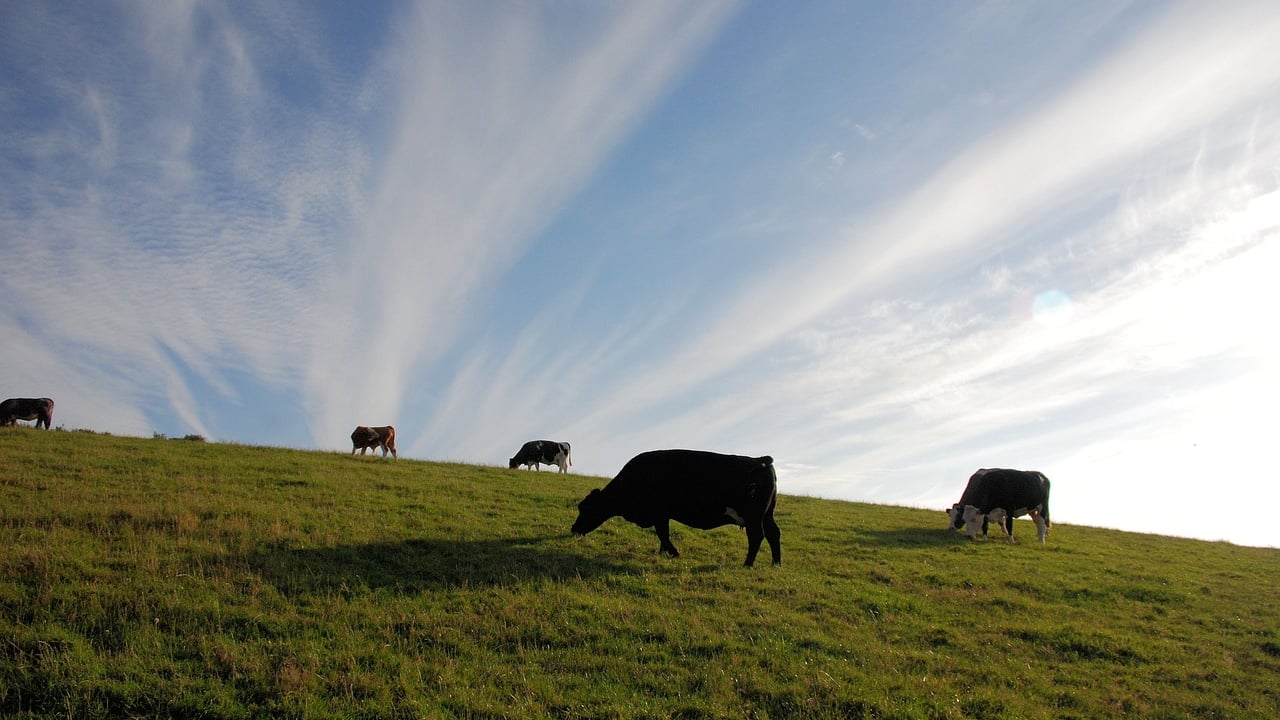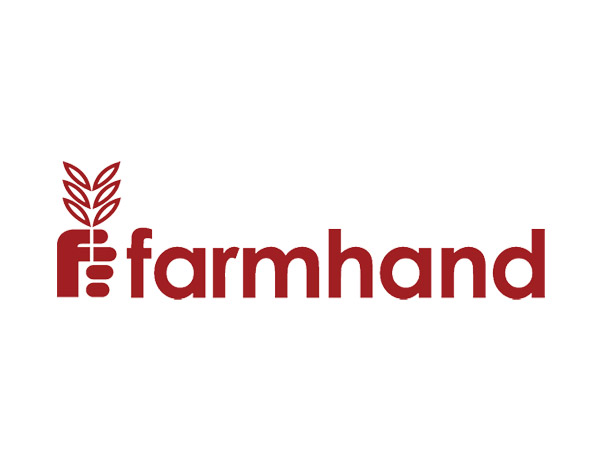ICSA calls for TB Forum to be reconvened 'without delay' for new plan 'oversight'
While the new TB action plan contains positive aspects, many of the details are still to come and some measures "may not sit well with all farmers", the Irish Cattle and Sheep Farmers' Association (ICSA) has said.
Minister for Agriculture, Food and the Marine Martin Heydon officially launched a new action plan on bovine TB this week.
The plan aims to address the current high levels of the disease in the country.
ICSA animal health and welfare chair, John Barron said it was important that suckler farmers were protected "from the harsher ramifications of this plan and we are glad to have achieved that".
"In particular, suckler cows and males over 36 months can continue to be sold and moved in the six months following a clear herd test," he said.
“We also welcome several new elements of the plan, including a 30% increase in wildlife operatives, special sales for restricted animals, financial assistance for on-farm biosecurity measures, and a commitment to consistency across all district veterinary offices.”
Cautious
He said, however, that the plan cannot be judged fully until the finer details are worked out.
“Farmers will understandably be cautious. The protections built into the TB programme over the past decade through the TB Forum have been weakened," according to Barron.
"While there was some consultation, this plan was not fully agreed at the forum.
"Farmers must have their say, and they must be protected from unfair or disproportionate measures.
“The forum was where farm organisations fought to protect farmers from the worst-case scenarios around herd categorisation, regionalisation, risk-based trading, non-negotiated risk mitigation plans, and cuts to compensation."
Partnership
Barron is calling for the TB Forum to be reconvened without delay to provide oversight of the rollout of this plan and to monitor its performance.
“We also need to address the issue of outdated compensation caps," Barron added.
"Unless this and other concerns are dealt with in full, the goodwill needed to make this plan work will not be there.
"Farmers want to see progress towards eradication, but it has to be achieved in partnership with them, not at their expense.”





